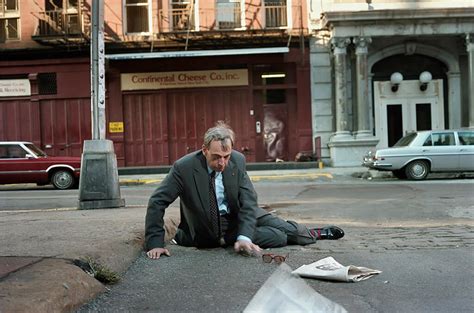A Quote by Anton Corbijn
There are some elements of digital photography that I don't really like, such as the fact that you see the results immediately.
Quote Topics
Related Quotes
Digital photography is, by definition, unfinished. You don't feel that after every 24 or 36 shots you have to change your film - you know you can go on for ever if you want. You can see the result immediately, and find out if your original idea is worth going on with or not, whether it can be corrected, whether it can be improved.
The main difference seems to be that, whereas photography still claims some sort of objectivity, digital imaging is an overtly fictional process. As a practice that is known to be capable of nothing but fabrication, digitization abandons even the rhetoric of truth that has been such an important part of photography's cultural success.
I really just drew off of where we are now, with reality TV. You can't help but see a lot of it. You choose to watch some, but with some, you just can't help but hear it and see it. It's just piercing in your brain. That piercing is what I was tapping into , with whatever they were doing to pierce into the minds of everybody. It takes a certain kind of person to shut your mind off to the consequences and just try to get results. That's what I was going for - results.
I get a lot of comics, and I can look at a comic and tell immediately whether I'll enjoy it or not. There are elements in the stories that I have no rapport with. I see dirty language, I see sleazy backgrounds; I see it reflected in the movies, the movies are comics to me. And I don't see a sleazy world. I see hope. I see a positive world.






































